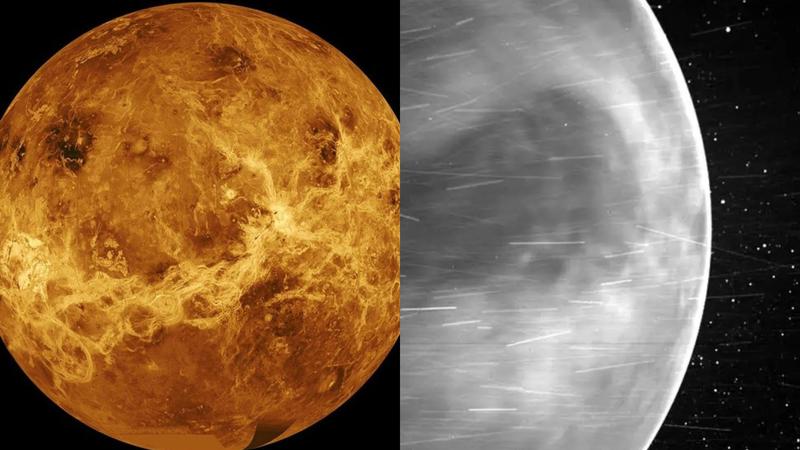Published 20:22 IST, November 27th 2024
ISRO’s Shukrayaan-1: India’s First Mission to Venus Gets The Green Light
ISRO's Shukrayaan-1 mission aims to explore Venus, studying its surface, atmosphere, and geological features, with launch planned for March 2028.

New Delhi: The Indian Space Research Organisation ( ISRO ) is gearing up for one of its most ambitious missions yet—Shukrayaan-1, a Venus orbiter mission set to launch in March 2028. This groundbreaking mission aims to unravel the secrets of Venus, often referred to as Earth’s “evil twin,” by studying its harsh and enigmatic environment.
Mission Overview
Shukrayaan-1 will investigate Venus, a planet similar in size and proximity to Earth but vastly different in conditions. With extreme temperatures, a dense carbon dioxide-rich atmosphere, and crushing surface pressures, Venus presents significant challenges for exploration.
Mission Objectives
The mission focuses on examining Venus’:
- Surface and geological structures
- Atmosphere and weather patterns
- Volcanic activity and atmospheric composition
Using advanced instruments, Shukrayaan-1 will gather data to enhance understanding of the planet’s history and evolution.
Key Instruments
The orbiter will be equipped with state-of-the-art tools, including:
- Synthetic aperture radar for surface mapping
- Infrared and ultraviolet imaging devices for atmospheric studies
- Sensors to analyze the ionosphere and clouds of carbon dioxide and sulfuric acid
Why Venus Is Challenging
Venus is one of the most hostile planets in the solar system, making it a formidable target for exploration:
- Extreme Conditions: Surface temperatures reach 475°C, and atmospheric pressure is 92 times that of Earth.
Corrosive Atmosphere: Clouds of sulfuric acid and a dense carbon dioxide environment require special protective coatings and reinforced spacecraft designs. - While past missions have sent landers to Venus, these typically survived only a few hours due to the planet’s harsh conditions. Shukrayaan-1, however, will operate from orbit, providing a safer platform for scientific observation.
Unique Features of Shukrayaan-1
- Global Data Collection: Unlike earlier missions that focused on specific regions, Shukrayaan-1 aims to provide comprehensive global data, covering phenomena like winds, chemical compositions, and atmospheric waves.
Data Sharing: Information gathered will be processed at the Indian Space Science Data Center (ISSDC) and made accessible to the global scientific community.
Mission Cost and Launch Details
Scheduled for launch in March 2028, Shukrayaan-1 has an estimated cost of ₹1,236 crore. The spacecraft will be carried by ISRO’s LVM-3 launch vehicle, placing it in an elliptical orbit around Venus (170 km x 36,000 km).
Updated 20:31 IST, November 27th 2024



